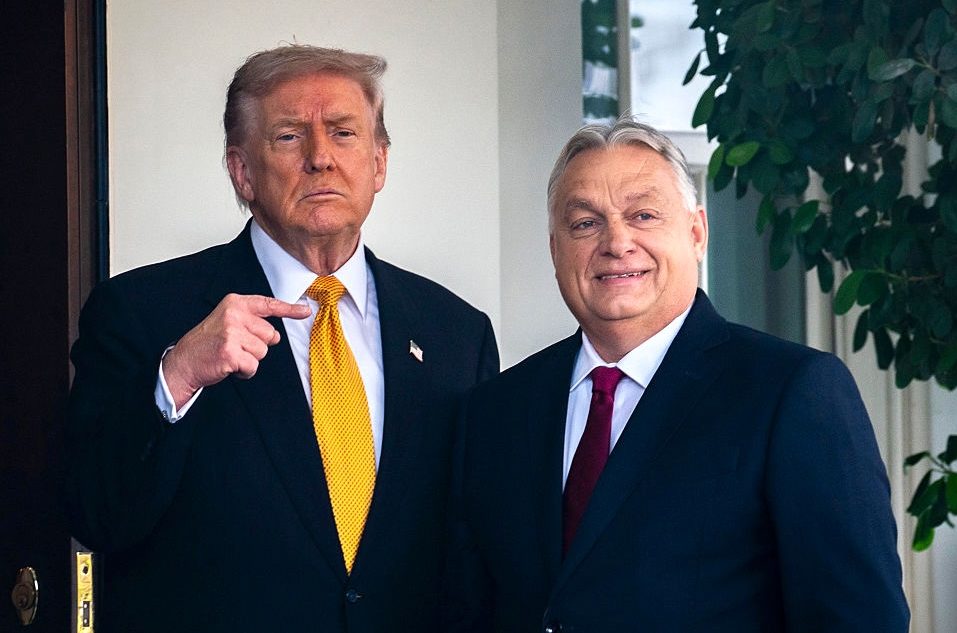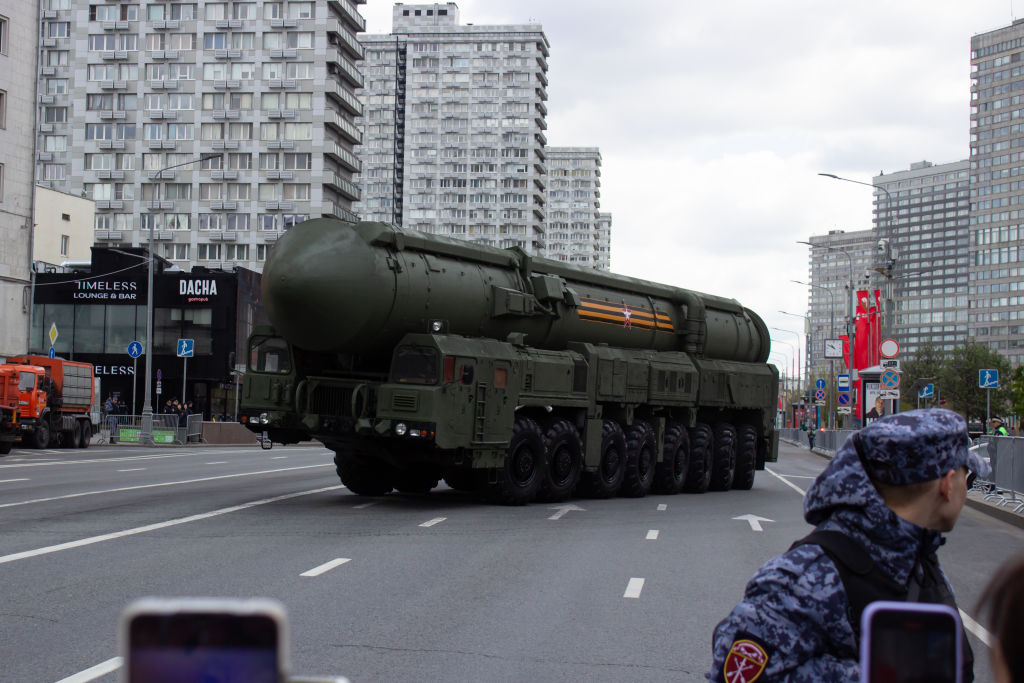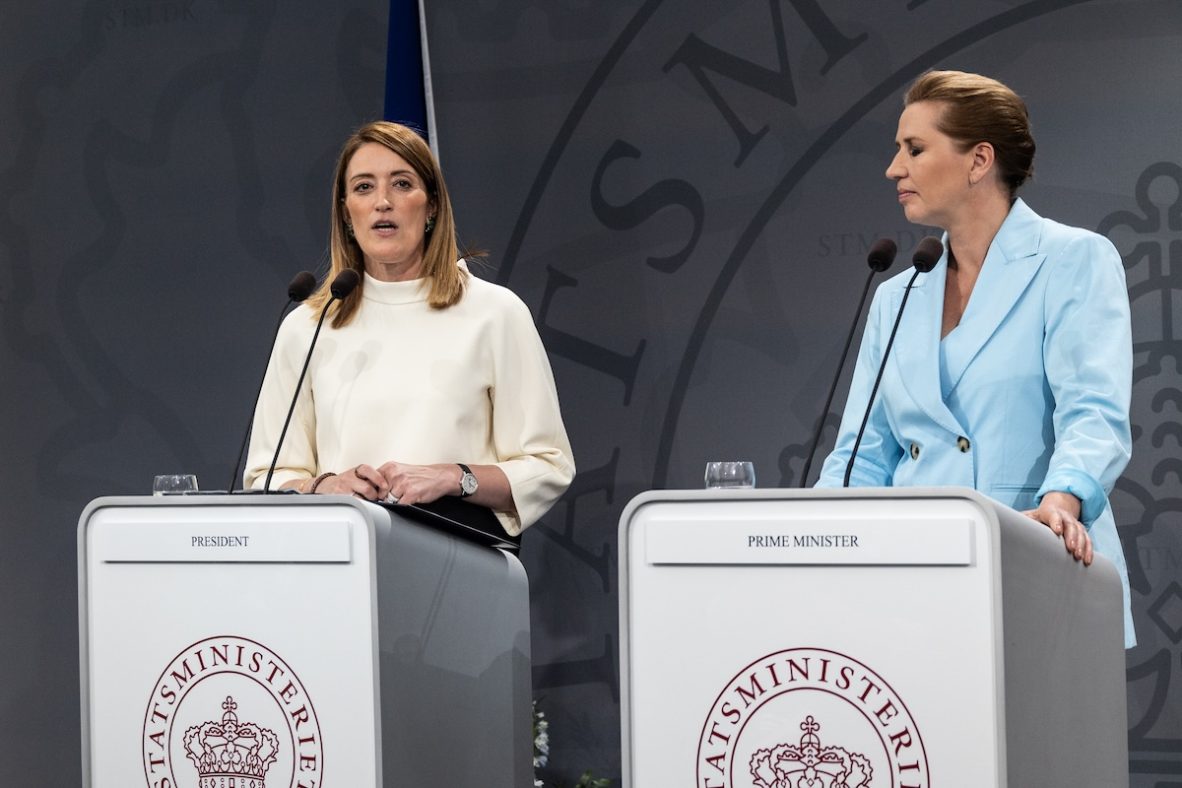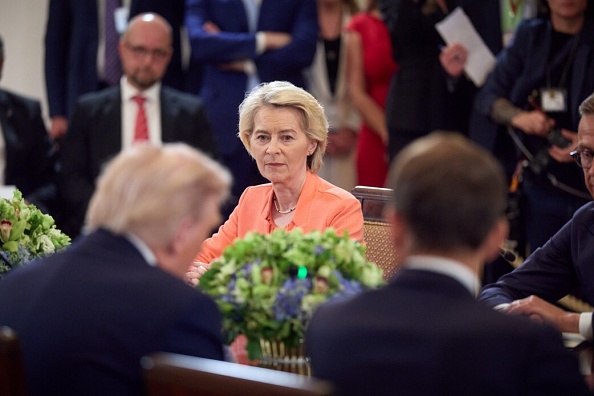The Brief – On Her Majesty’s Secret Service
As Europe slips ever deeper into economic stagnation, it needs the Commission to fulfil its core mission, not a secret mission

No trapping of political power is more seductive than a secret service.
“To the uninitiated, the secret world is of itself attractive,” Le Carré wrote in The Little Drummer Girl. “By turning on its axis, it can draw the weakly anchored to its centre.”
The allure notwithstanding, there is no greater risk to the legacy of a leader than the ineptitude of their intelligence operators (just ask George W. Bush or Tony Blair).
All of which makes the European Commission’s plans for an “intelligence cell” especially baffling. In its in-house bulletin on Monday, the Commission floated the idea of hiring “from across the EU’s intelligence community” to set up a small service.
It isn’t clear what is driving Ursula von der Leyen’s latest flight of fancy. Perhaps she was emboldened by her staff’s success in making her texts with Pfizer’s CEO disappear without a trace. Or maybe she’s just bored with her other recent “bold” initiatives – for a new “European Bauhaus”, the “Small Affordable Cars initiative” or “the first ever European Affordable Housing Plan”.
Whatever the case, the Commission’s intelcell is certain to suffer a similar fate and soon be forgotten. Not only does the EU already have ample intelligence collection among its 27 members – it also has a central coordinator: Washington.
For decades, the US has acted as the main coordinator of European intelligence services, leading the effort to share and evaluate information, much of which comes from the US itself.
While the mere mention of the CIA or NSA makes many Europeans cringe, the cold reality is that without the US, Europe would be blind. What’s often left unsaid when European leaders discuss the continent’s reliance on the US for security is that much of their dependence comes in the form of intelligence sharing. The US spends more than $100 billion a year on intelligence gathering, exponentially more than all EU countries combined.
Yet Europe is a clear beneficiary. In late 2021, it was US intelligence that alerted Europe to Russia’s pending full-scale invasion of Ukraine. Over the year, American intelligence helped Europe thwart numerous terrorist attacks, including a planned 2018 bombing of a rally near Paris by Iranian operatives.
Why make that cooperation even more complicated by throwing yet another intelligence agency, sorry “cell”, into the mix? The only tangible effect von der Leyen’s plan will have is to provide the political extremes more grist for their crude conspiracy theories about a European “super-state”.
That von der Leyen and her advisers don’t see that reality is further evidence that she is the wrong person at the wrong time to be heading the EU’s most important office.
As Europe slips ever deeper into economic stagnation, what it needs from the executive is for it to fulfil its core mission, not a secret mission – a better-functioning single market, a capital markets and banking union come to mind.
We don’t need “intelligence” to recognise that.
Roundup
EU chief justice calls out corruption – At a Brussels symposium on Monday, the EU’s top judge made thinly-veiled jabs at Hungary and Poland, condemning corruption and political interference with the judiciary. He singled out Hungary’s Viktor Orbán, saying EU funds mustn’t be used to fund “an oligarchy surrounding a ruler or a ruling party”.
Social democrats raise concerns over digital omnibus revisions – The S&D group stated their disapproval of the leaked digital omnibus draft, which proposes revisions to data and artificial intelligence laws across the EU. The group is concerned that the changes could lead to “discriminatory profiling and the commercialisation of intimate personal inferences,” going against the EU’s Charter of Fundamental Rights.
Chinese companies in EU still thriving – Despite rising tensions between Brussels and Beijing, the China Chamber of Commerce to the EU reported that most of its members reported stable or rising revenue in 2024. “The China-EU economic and trade relationship has shown remarkable resilience,” said the chairman of the CCCEU.
Across Europe
France-Germany FCAS spat continues – Disagreements between France and Germany’s defence ministries over who should spearhead the planned Future Air Combat System have fuelled doubts about the project’s future. In the latest development in the saga, France’s defence minister said that Germany lacks the expertise to build an aircraft, implying the project won’t get off the ground without France.
Is Belgium really becoming a “narco state?” – Deep-water access, nonstop container traffic, and Schengen freedoms have made Belgium a dream for drug traffickers and a nightmare for law enforcement. As drug seizures at its ports continue to rise, how real is the threat to the rest of the country?
Trump’s Trojan Orbán – Victor Orbán’s trip to the White House last Friday is indicative of a growing gulf between Hungary and the EU, argues Frank Furedi, director of the MCC (a think tank funded by Orbán’s government). Whilst Hungary’s prime minister returned from Washington emboldened. Brussels looks smaller, more brittle and, above all, irrelevant, he writes.







